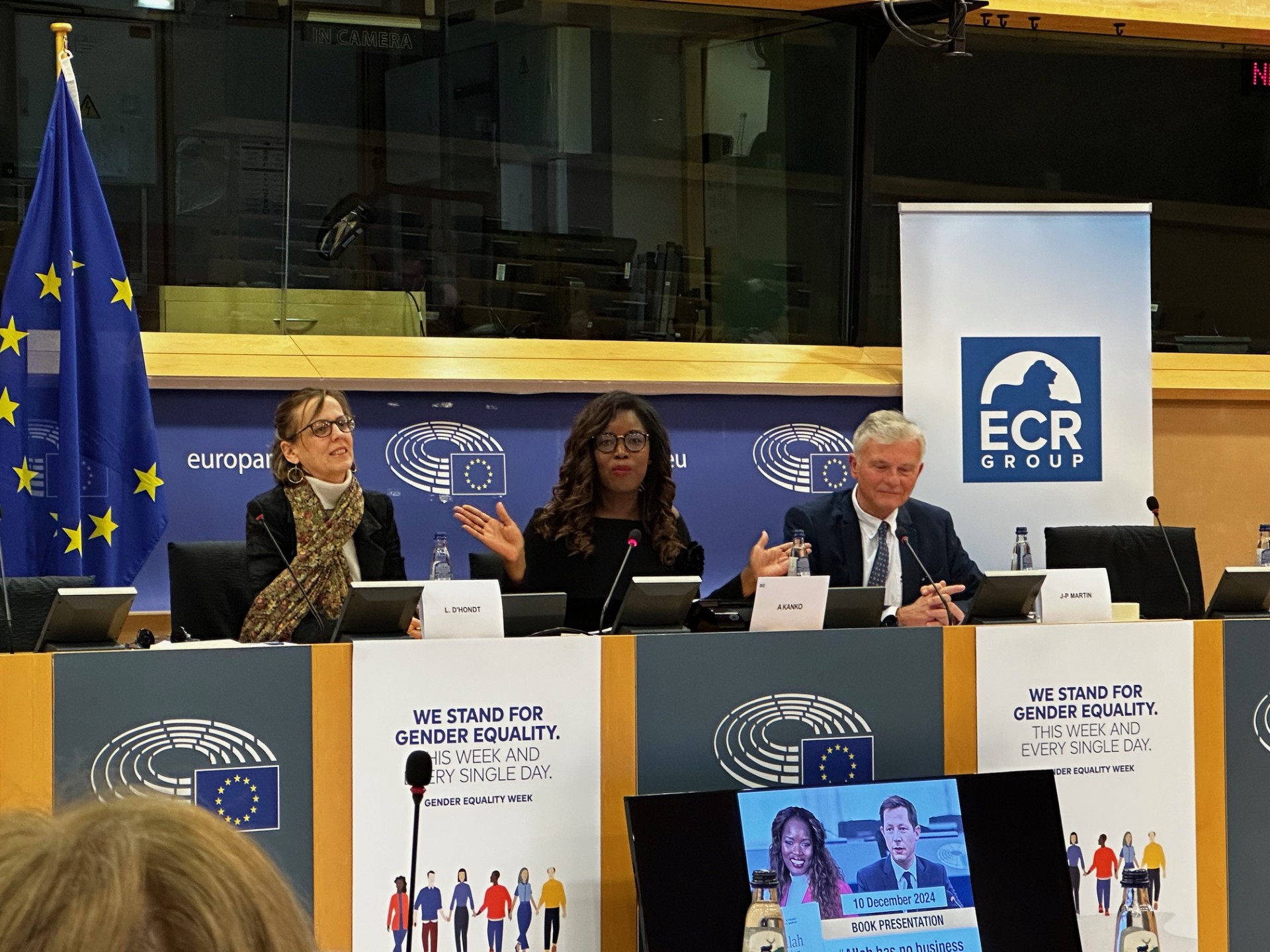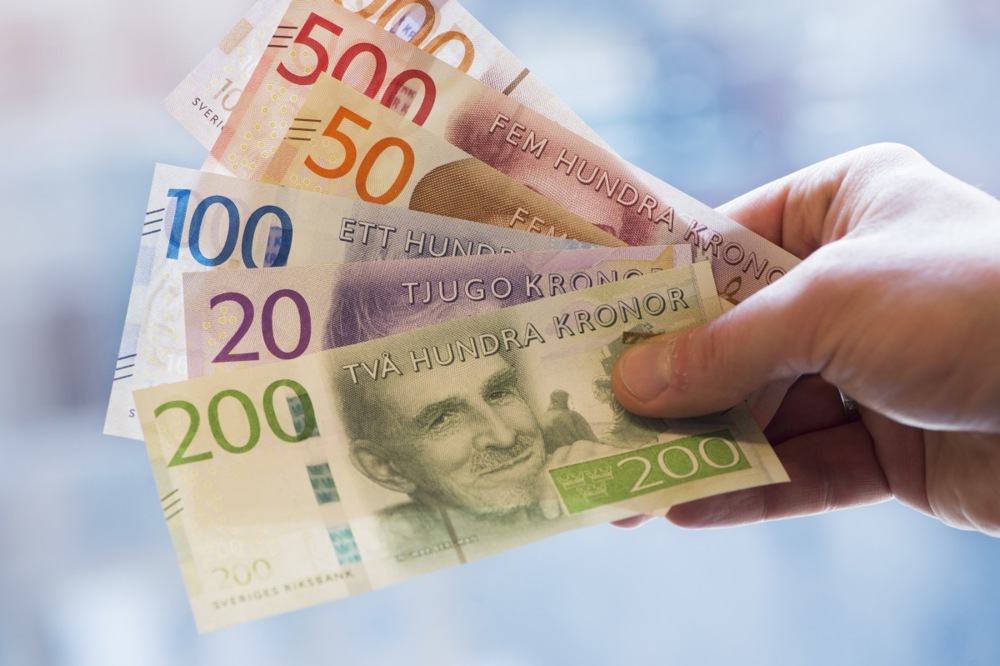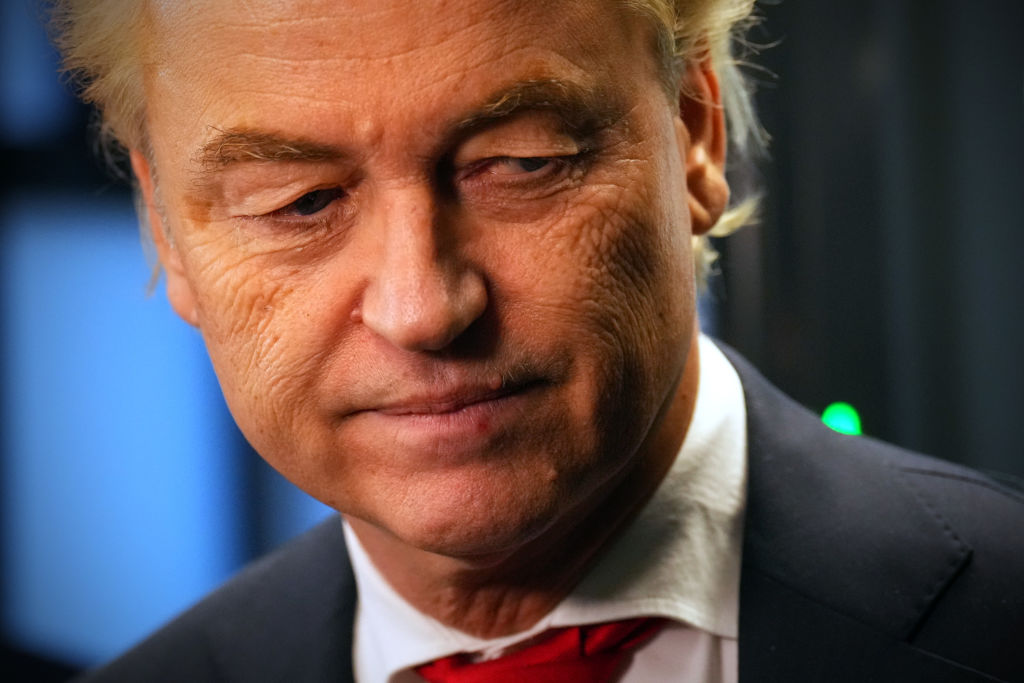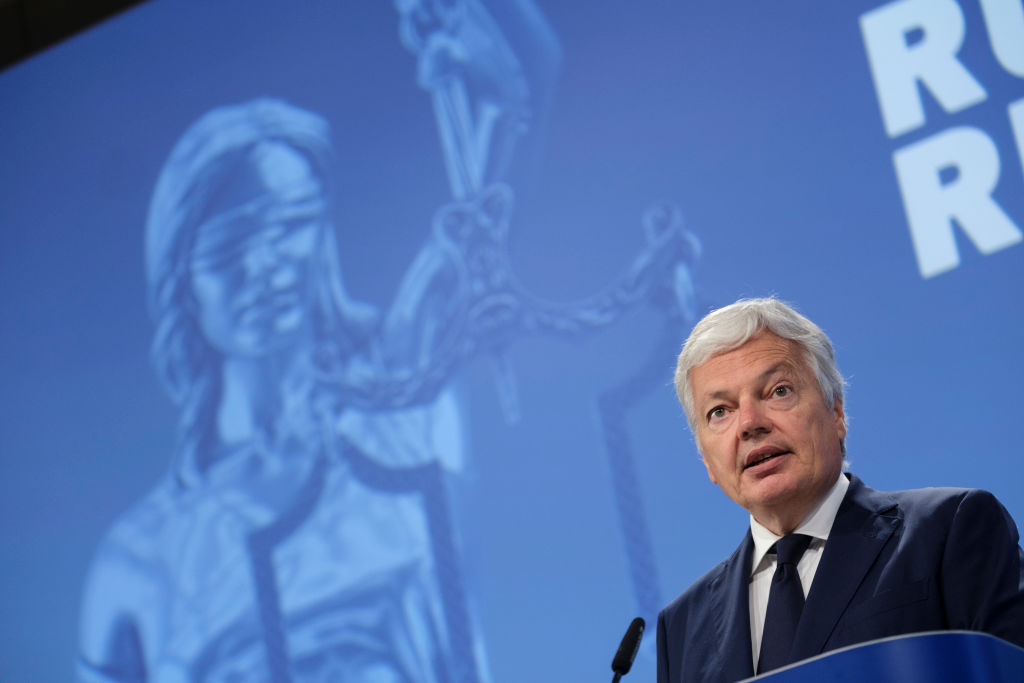Funds from the city of Rotterdam intended to combat the radicalisation of Islamic youth were allegedly misappropriated and diverted for years to invest in a cheese factory in Morocco.
A confidant of the city’s mayor at the time – apparently more than six years ago – who was a so-called radicalisation official, offered a private loan to the alleged fraudsters, Dutch newspaper NRC claimed on January 11.
In 2015, Rotterdam’s auditor found it was ‘one big deception operation,’ but a majority in the city council chose not to address the case.
Current mayor Carola Schouten, of the centre-left Christian Union Party, told the city council on January 23 that she wanted an external, independent investigation into alleged illegalities regarding municipal grants given between 2014 and 2018 meant to combat radicalisation and promote integration.
Sources close to the investigation said the suspects were three Dutch-Moroccan nationals active in the welfare sector. One was allegedly a city council member for the Socialist PvdA party.
It was claimed they devised a plan to produce Gouda cheese in Morocco and opened a factory to do so with some €100,000 of personal equity invested in the company.
In 2014, a whistle-blower was said to have reported possible illegal activity.
That person alleged that Rotterdam’s largest migrant umbrella organisation Platform Buitenlanders Rijnmond (PBR) was used as a “cash register” for the commercial project in Morocco.
Rotterdam’s auditor said in 2015 there was a possibility of self-enrichment within the organisation due to several significant issues related to administrative practices and financial oversight. The cheese factory was not mentioned in the auditor’s report.
“We had to phrase it carefully, but it came across as one big deception operation,” former Court of Audit head Paul Hofstra told NRC.
“Although PBR did organise activities, only a portion of the subsidies was spent on them. The other part was shuffled around and then, for instance, withdrawn in cash. This way, the money flows disappeared from sight.”
Hofstra said he gave his report to the public prosecutor, calling for action, but a majority in city council chose not to address the case, saying there was no hard proof.
At the time, Rotterdam was seeing many migrant youths head to Syria to fight on the side of the Islamic State.
New organisations with big budgets were created to tackle this problem, including by the three cheese-entrepreneurs. They formed a foundation where they approached parents with a Moroccan background advising them how to keep their children away from Islamic extremism.
They even received a rave review for their work by an evaluation commission and the Dutch king visited the foundation, Attanmia, because it had received money from the Oranje Fund, a charity organisation in the Netherlands that supports social welfare initiatives.
Here further questions arose about Aboutaleb’s apparent right-hand man, reportedly a public official who acted as radicalisation official because he was responsible for where city subsidies went.
According to the Public Prosecution Service, the three cheese entrepreneurs pocketed subsidies between 2010 and 2018. They are said to have maintained a “flawed administration with false invoices”.
The subsidy fraud case was set to be addressed in a criminal trial at the Rotterdam court in December, following a seven-year judicial investigation.
Three days before the hearing, the Public Prosecution Service’s functional division announced it had reached a deal with the three suspects. In exchange for a guilty plea, they accepted community service sentences of up to 140 hours and fines of up to €25,000 per person.
The Public prosecutor had previously said a criminal trial was necessary but then decided the settlement was enough, claiming a trial would take too much time and effort for the court and the prosecutor.
Because of the judicial settlement, the contents of the case remained out of the public eye, while the Municipality of Rotterdam said it has no idea about the fraud case.
“We have not been informed in which organisations and subsidy streams the fraudulent acts took place,” the city said.
Schouten said the city only received limited information from the prosecutor.
The opposition said it had many questions about how former mayor Ahmed Aboutaleb acted in this alleged fraud case.
The official in Rotterdam responsible for the preventive programme under which the training sessions were subsidised was the man who lent money to a suspect. He is allegedly a former politician, also with Moroccan roots and also from the Socialist Party.
This close acquaintance of Aboutaleb has been working for the Directorate of Safety since January 2015. Schouten wrote to the council stating that she currently had “no reason to doubt the integrity of this employee”.
When the right-wing party Leefbaar Rotterdam brought the subject up some years ago, the city council dismissed it, accusing the party of playing political games regarding the Moroccan roots of both suspects.
On January 23, a council member of the left-liberal D66 party apologised to the Leefbaar Rotterdam representatives for that.
Members of the council said they still wanted full clarity on the case, saying, “Nobody knows how much money disappeared” or “how the fraud was carried out”.
At the time of writing it was unclear if the cheese factory in Morocco still existed. Its last communication on social media was in 2018.





